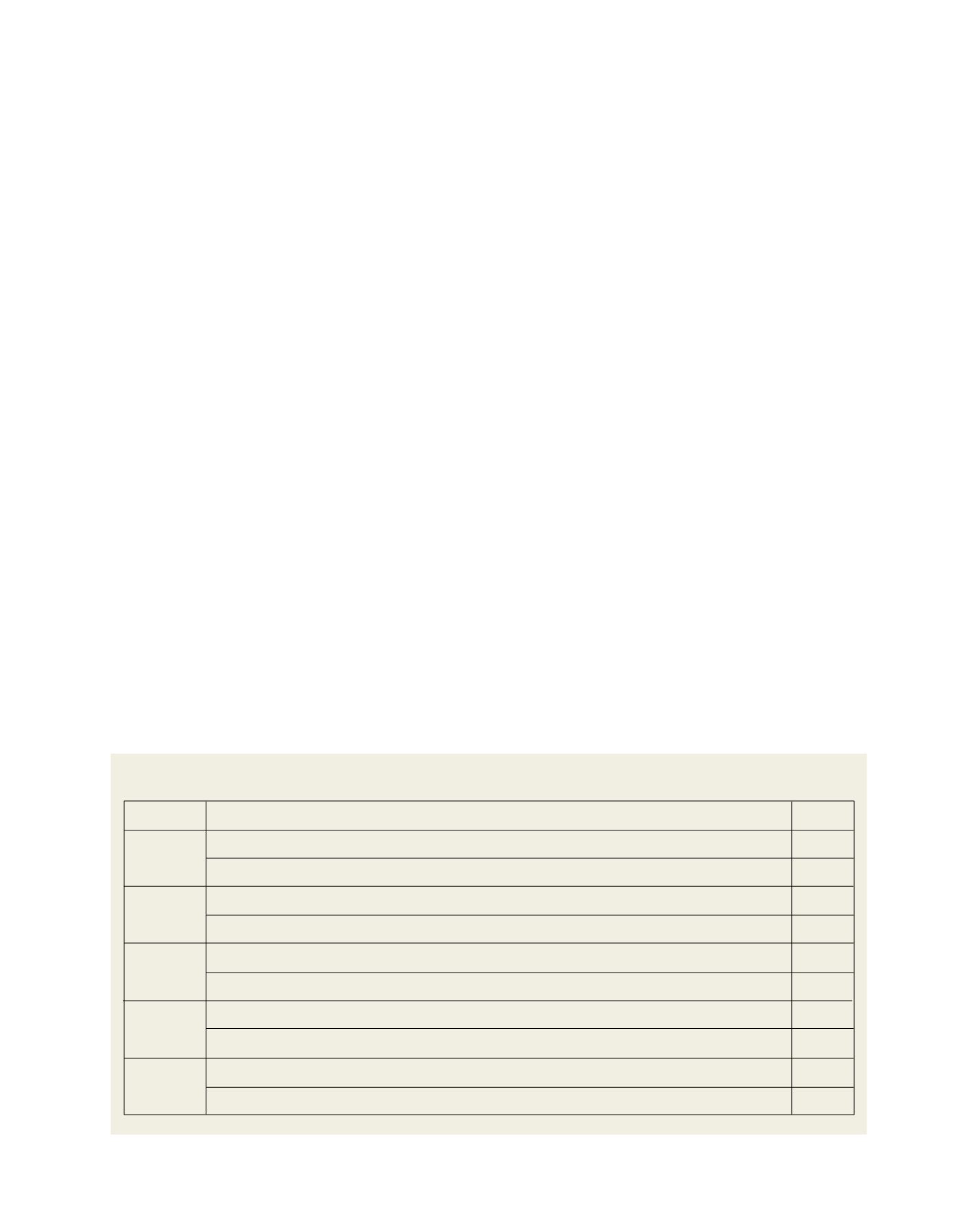

[
] 316
I
nternational
C
ooperation
on
W
ater
S
ciences
and
R
esearch
Through WLI, knowledge generated by NARES in
Egypt, Iraq, Jordan, Lebanon, Palestine, Syria, Tunisia and
Yemen is harnessed with insights drawn from regional and
international partners including:
• three CGIAR centres (ICARDA, the International
Water Management Institute (IWMI) and the
International Food Policy Research Institute)
• a consortium of six United States universities
(University of Florida, Utah State University,
University of Illinois at Urbana Champaign, Texas
A&M University and University of California Davis)
• regional and national universities
• the United States Department of Agriculture,
Agricultural Research Service
• community-based organizations (CBOs) such
as private enterprises, cooperatives, producers’
organizations, fishing associations, water users’
associations, women’s groups, trade and business
associations and others focused on natural
resource management.
WLI has faced challenges to develop integrated scientific
agendas for land and water management cooperation and
collaboration across MENA. Many of these are similar
to the challenges encountered by previous single-donor
initiatives at the land-water interface, including the
multi-donor Regional Initiative for Dryland Management
and the Flemish-funded United Nations Educational,
Scientific and Cultural Organization, United Nations
University and ICARDA international cooperative
research project on sustainable management of the
marginal drylands. In each case, there is a need to set
common agendas, identify objectives and ensure that
partners’ progress towards them is recognized. Regional
platforms and multi-donor undertakings addressing
and deserve all the support they can get, to collaborate as research
partners and continue the tradition of innovation in this region.
International partners seeking to build peace, prosperity and
strong economic ties across the region know that they need to
move beyond emergency assistance to restore and rejuvenate the
lands once considered to be the breadbasket of Europe. In a world
full of new uncertainties at home and abroad, many donors are
understandably reluctant to jeopardize public funds and repu-
tations in pursuit of research that may not yield instant results.
Some feel obliged to stick with instant ‘band-aid’ solutions, but
others might be willing to consider research and innovation.
Experienced research partners with a long-term stake in successful
water management research can use their accumulated knowledge
to capitalize on emerging discoveries and accelerate the effective-
ness of assistance to research for development, reducing the risks
for donors. Pooling of resources among multilateral and bilateral
partners in support of promising research and extension successes
could further encourage regional research institutions to incubate
and explore new technological solutions and foster the enhanced
long-term thinking needed to address regional climate change,
water scarcity and food security challenges.
The Water and Livelihoods Initiative
The United States Agency for International Development’s (USAID’s)
best-bet solution for activating accumulated knowledge to address
water scarcity and land degradation is its longstanding collaboration
with the International Center for Agricultural Research in the Dry
Areas (ICARDA) and its established cooperative ties to National
Agricultural Research and Extension Systems (NARES) across the
region. Together, ICARDA, USAID and the NARES have established
the Water and Livelihoods Initiative (WLI), which offers donors the
opportunity to contribute to a collaborative multi-partner under-
taking where the anticipated impacts of improved scientific water
resources management are systematically verifiable, and underwrit-
ten through participation by USAID and other cooperative partners.
Asset/capital
Human
Physical
Natural
Financial
Social
Verifiable indicator in use or under consideration
Number of men and women benefiting from short-term training delivered through WLI
Number of scientific publications resulting from long-term scientific research supported through WLI
Agricultural land in the benchmark sites (ha, tons and value of dominant and target crops)
Land under pilot testing of improved land and water management strategies and techniques
Water balance in the target watershed/irrigation district (available water resources compared to existing water use)
Agricultural water use volumes (m
3
/ha) measured in the field under unimproved and improved management practices
On-farm income (gross margin per hectare from selected crops with and without improved management)
Total household income in relation to the rural poverty line with and without water management improvements
Producers’ organizations, water users’ associations, women’s groups, trade associations and CBOs receiving assistance
(disaggregation of data on all above indicators by gender)
Reporting
2012-
2012-
2014-
2012-
2014-
2014-
2014-
2014-
2012-
2012-
Sustainable water and livelihoods framework for sharing success in scientific cooperation to enhance
rural land and water management
Source: Water and Livelihoods Initiative 1st Quarterly Report. Available online at
http://temp.icarda.org/wli/pdfs/WLIFirstQuarterProgressReport_2013.pdf

















